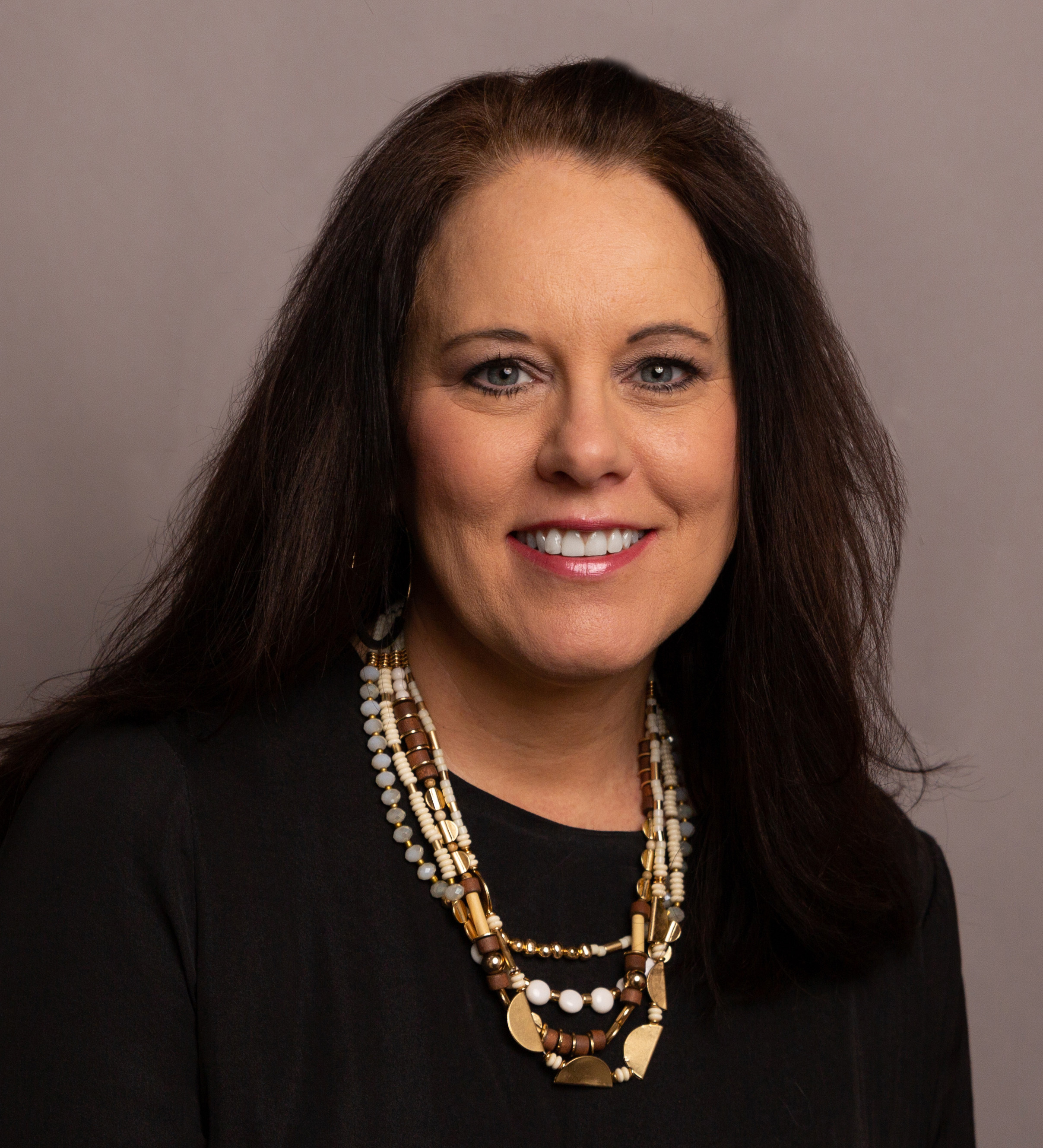First year of inclusive classroom training is complete
Author: Jeff Budlong
This is an archived story. The content, links and information may have changed since the publication date.
Author: Jeff Budlong
Neither a pandemic nor a derecho could keep the Center for Excellence in Learning and Teaching (CELT) from completing the first year of inclusive classroom training.
The annual training, a one or one-and-a-half hour session conducted for all 56 departments on campus, began in January. Even when training moved online this fall for the 18 remaining departments, CELT completed its final session on Oct. 15, before the conclusion of the semester.
"The last session we did in-person was March 13 in agronomy and then COVID-19 hit," CELT director Sara Marcketti said. "The first session we did this fall was with animal science, and we did it during the derecho. The power went out, the lights went out and we just kept going."
The year one training helps participants recognize why teaching inclusively is important and identify course-specific improvements to foster inclusiveness. Marcketti and CELT program coordinator Laura Bestler conducted a majority of the training with faculty fellows helping in their home departments.
Moving training online presented many of the challenges faculty across campus faced with the transition to virtual learning, Marcketti said.
"We had to figure out the best way to have people interact, how best to use discussion rooms and what was the right number of people in each," she said. "We wanted to create an environment where everyone feels welcome."
The biggest takeaway for faculty after taking part in a session is the importance of collecting and applying feedback from their students, Marcketti said.
"They can get such a wealth of information on their class and students that can transform an experience," she said. "If faculty wait until course evaluations, then it is too late to impact the course they are teaching."
The training also helped conversations begin within departments around strategies of teaching inclusively. Trainers made these suggestions how department chairs and leaders can promote inclusivity:
When training concluded, participants completed a four-question self-reflection. Among 1,303 responses, 98% strongly or somewhat agreed with the statement, "I recognize why teaching inclusively is important." Ninety-three percent strongly or somewhat agreed with, "I have identified course-specific improvements to foster inclusive excellence in the classroom."
Biomedical sciences department chair Michael Kimber said he was impressed with the ability of the content to engage faculty and make them active participants. The realization that small changes can have a big impact in a classroom's climate was important, Kimber said.
"Diversity is critically important to the veterinary medicine profession right now, and we are committed to diversity in our college," he said. "It fostered a comfortable environment for our faculty where they could explore an issue they recognize as important, but can be a difficult conversation to have."
Interior design assistant professor Julie Irish was a department facilitator during the online training. She praised the training but said focusing on inclusion in the virtual environment going forward would be helpful.
Kimber said after the training "hallway conversations" between faculty became more common.
"The training was not abstract," he said. "The issues of inclusivity are every day and something that is happening to us."

Amy Popillion
Amy Popillion, a teaching professor in the human development and family studies department, will begin a half-time appointment as CELT's inclusive classroom faculty fellow in January. Popillion is the first term faculty member to become a CELT faculty fellow.
"She will co-develop and lead the upcoming inclusive classroom sessions," Marcketti said. "She will do more pre- and post-outreach with the departmental facilitators and chairs to ensure it is a continued conversation."
Popillion also will lead CELT's Academic Equity and Inclusive Classroom Board, a 19-person group that provides guidance to the center on inclusion training.
CELT will host inclusive classroom training sessions for faculty who missed the training or joined the university after their department's training, staff with teaching responsibilities and graduate teaching assistants. Sessions are set for Nov. 9 (noon-1 p.m.) and Nov. 17 (3-4 p.m.).
The next round of inclusive classroom training for all departments begins next fall. A suite of options could be offered and departments would pick one.
"We are going to spend the spring semester doing a deep dive in all the data on the program and really prepare robust sessions," Marcketti said. "Inclusive teaching is a mindset, and it is important to how you design your course."
CELT also is expanding its regular programming on the topic of inclusivity for faculty who want more training. The next program is Nov. 2 when Noreen Rodriguez, an assistant professor in the School of Education, will talk about diversifying a syllabus.